How to give yourself a mental health check-up
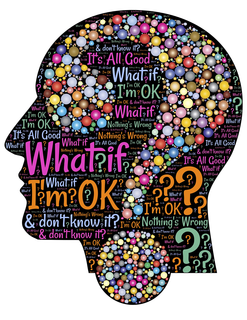
We have learned over the years to play close attention to our physical health and we routinely go to the doctor for our yearly exams to ensure that we are in good health. All year long, you see and hear announcements for women to go get breast exams and for men to get prostate exams. It’s become more of the norm, and we drag ourselves in whether we like it or not. We also get physical reminders from our bodies when we are falling off the wagon and neglecting to eat right and exercise. Our pants get tighter and if you’re my age, your knees and various other joints start to ache as a gentle reminder that you haven’t been active enough.
Just as we exercise and eat well in order to maintain our physical health, we must also pay attention to our mental health. Mental health is a little trickier because you don’t see a ton of ads telling you to go get your brain checked, your emotions checked or your sadness levels checked. When it comes to our mental and emotional health, we are usually on auto-pilot. We have been conditioned to always be “ok.” Take a moment and reflect …. What do you say when someone asks, “How are you?” or “Are you okay?” Do you send the “I’m ok” persona, and answer with a simple “I’m fine” or “I’m doing OK.” The fact is that we rarely tell people how we really feel.
There are 3 simple ways that you can give yourself a mental health checkup:
- Start by simply asking yourself how you feel? You can do this when you first wake up in the morning, while you take a shower, while taking a walk or relaxing on the sofa. You can check in with yourself anywhere and anytime during the day. Ask yourself, how am I feeling? Why am I feeling the way that I’m feeling. The first step to good mental health is simply awareness
- Monitor how often you are accessing your “go to” coping mechanisms. You know the coping mechanisms that we all have that are not always the healthiest things for us to do, but they provide us with quick comfort when things are not going well in our lives. My go to coping mechanism is eating Chinese food. It makes me feel warm, fuzzy and I forget all about what’s bothering me. Your coping mechanism might be ice cream or wine. Think about how many nights you’ve come home from work with the intention of drinking just one glass of wine and a glass turned into a bottle. Or you intended to each just one bowl of ice cream and it turned into a pint or a gallon. Pay attention to how often you do this, and it will let you know if you are masking your feelings with external things.
- Check your mood or emotions meter. Spend some time thinking about the past few days or weeks. What is your ratio of positive emotions to negative emotions? Over the past 7 days, have you had more positive/happy thoughts or do you find that your thoughts are increasingly more negative/sad? You can check your mood informally or you can be more formal by keeping a mood journal for a week and journaling about your thoughts at the end of the day.
In addition to giving yourself a mental health checkup, I also recommend using the buddy system. Find a person or two that you trust and communicate with regularly. Have a conversation with this person about being mental health check buddies, or as like to call them, “black hole buddies”. This is a person who knows what you are like when you are happy, sad, angry, frustrated, etc. They have seen your range of emotions and you have seen theirs. Develop a buddy system with them where the two of you will periodically check in with each other and watch out for signs that the other person is “not ok.” Your buddy understands that life happens and you may be sad from time to time, but they are they to encourage you to seek help when you need it. Their job is to keep you out of the proverbial “black hole” of life.
Paying attention, getting to know yourself and understanding how you are feeling are the first steps to mindfulness and good mental health. It’s time to start asking yourself ‘How am I feeling today?’ and try to share that with someone. This one simple step can have a positive impact on your mental health.
Be well,
Dr. Tonya Featherston

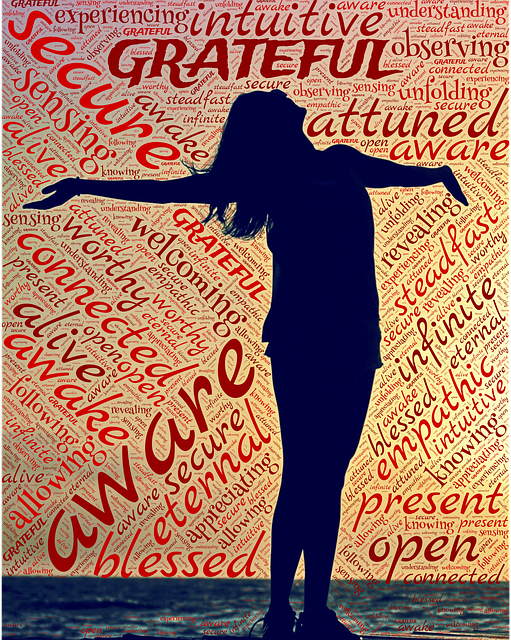
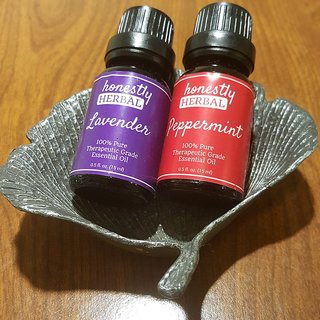
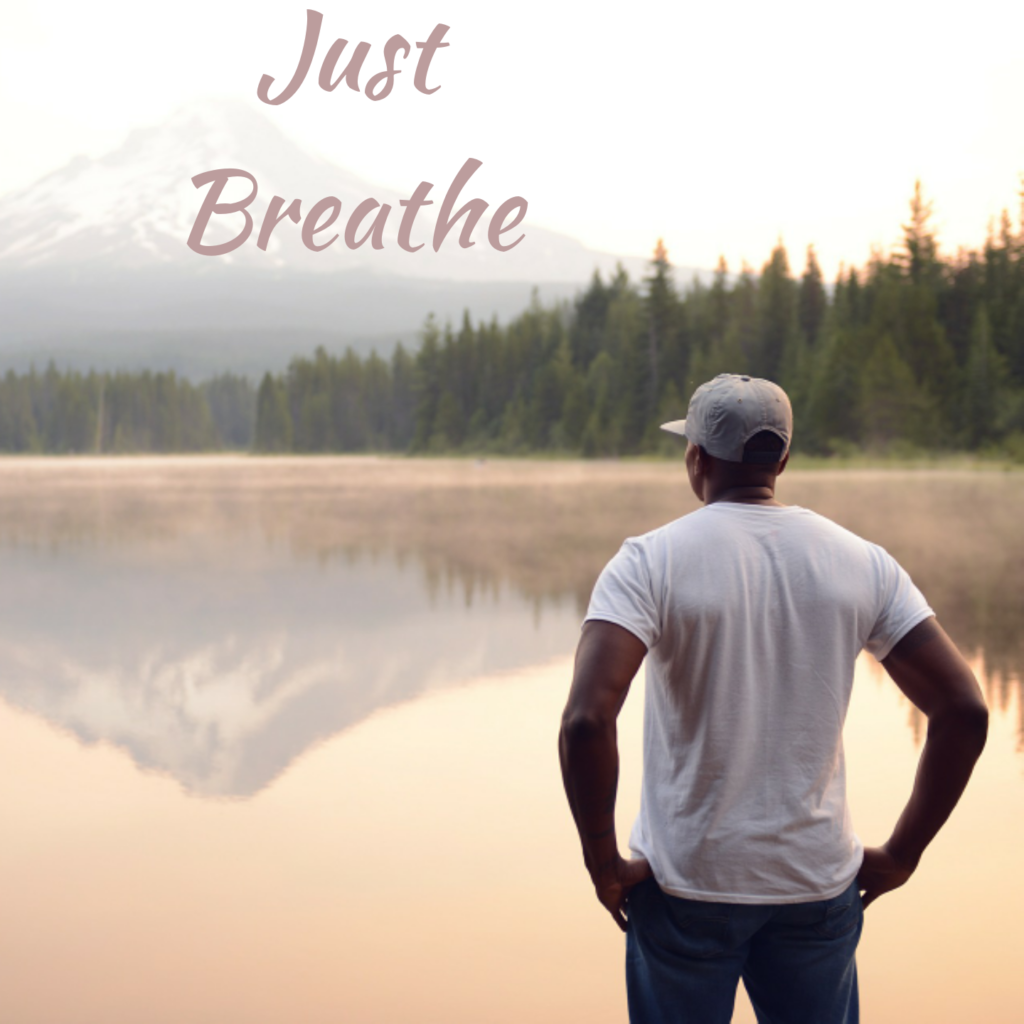

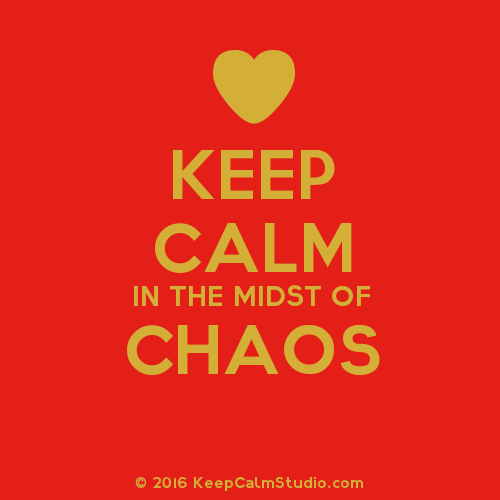
This is awesome advice! I am going to start journaling again. I’ve been closed off a lot.
LaTanya I am glad you found it helpful. Journaling is an awesome way to continuously de-stress and check in with yourself. I try to do it as often as possible.